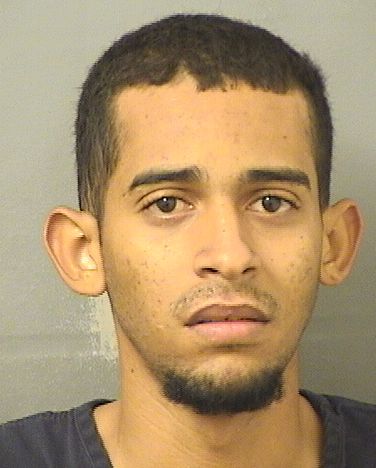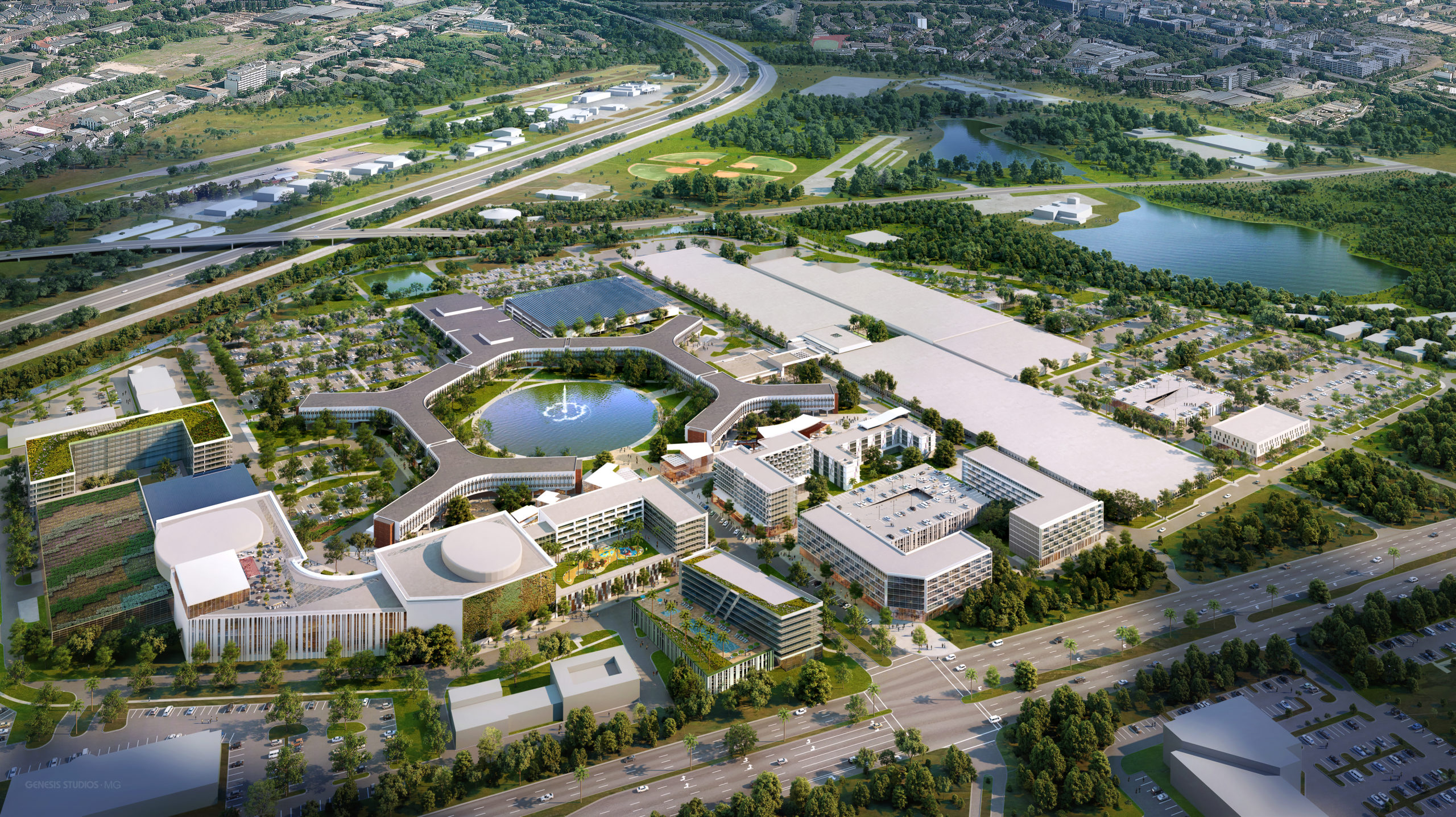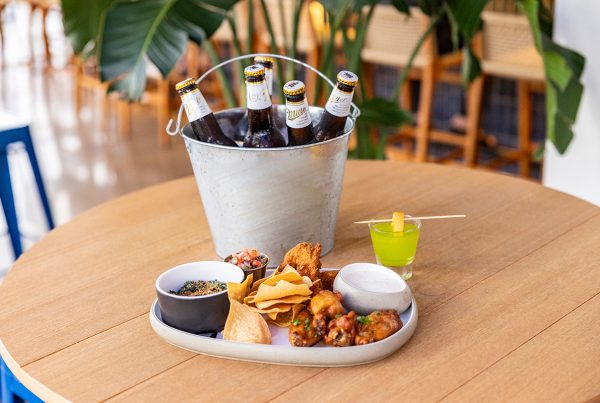Big changes could be coming soon to the commercial center of Boca Raton.
That’s the area along Yamato Road west of Interstate 95. The two main players—the Boca Raton Innovation Campus (BRIC) and the Park at Broken Sound—were before the city council at Monday’s workshop meeting.
Plans for BRIC, the former IBM campus, are much farther along. CP Group, which owns the 123-acre complex, approached the city more than a year ago about zoning changes to allow a massive makeover. On Monday, Development Services Director Brandon Schaad gave an update on negotiations between the staff and CP Group.
Current rules prohibit residential development and other amenities that CP wants to add. At this point, plans call for 1,240 residential units—up from the 1,000 that CP first wanted. A planned performing arts center has become a live music venue, so as not to compete with the proposed arts center for Mizner Park. Buildings could be no taller than 85 feet. There would be a grocery store.
CP Managing Partner Angelo Bianco said the makeover could take 10 years and would happen in phases. The first would happen on the north side, closest to Yamato. It would include $30 million worth of infrastructure, a hotel and some residential. If the council approved the overall plan, Schaad said, each phase would require approval only from the planning and zoning board unless unusual circumstances arose.
BRIC wants to create both a self-contained village that would draw more business tenants and a destination that all residents could enjoy. Mayor Scott Singer pressed Bianco on how certain he could be that the city would get the high-paying jobs CP promises in return for the zoning changes.
Bianco responded that only half of the campus’ 1.7 million square feet is Class A office space. That is most in demand. If we add that, Bianco said, the jobs will come.
Schaad said the two sides are “very close” to agreement on the ordinance that would allow the changes. The proposal must go to the city attorney’s office for review and then to the planning and zoning board before reaching the council.
Councilwoman Andrea O’Rourke called it “a great opportunity.” Monica Mayotte said, “It’s going to be an amazing project.” It all sounded very different from five years ago.
At that time, CP and other landowners were proposing similar changes for the Midtown neighborhood east of Town Center Mall. After more than a year of discussion, the council rejected the idea. CP sold its Midtown holdings and bought BRIC. Bianco said, “We’ve all evolved and learned. I appreciated all the kind comments.”
Park at Broken Sound board seeks update in zoning laws
Like Bianco, board members of the Park at Broken Sound want the city to update zoning rules that were groundbreaking nearly 50 years ago but have become dated.
Arvida, one of Boca Raton’s earliest and largest landowners, created the 700-acre Arvida Park of Commerce (APOC)—all of it north of Yamato Road—in 1978. The zoning was called Light Industrial Research Park, and it drew tenants that helped to establish the commercial tax base that so many South Florida cities envy.
In 2015, the area rebranded itself as The Park at Broken Sound. During Monday’s presentation, however, almost everyone referred to it by that APOC acronym. Within the park, however, they’re looking to the future.
With BRIC, the city can deal with one owner. Within the park, however, are many landowners. A board of directors represents the east side and the west side. Monday was the first time that council members heard ideas from park representative about what they want.
On the west side, they would like more than the 2,500 residential units already allowed and mostly approved. They want fewer restrictions on types of tenants. They want quick action, to draw tenants leaving New York and other states.
Decades ago, decisions about northwest Boca Raton set up the city for economic success. Decisions now may extend and enhance that success for decades more.
Boca makes settlement offer for beach house dispute

Boca Raton has made an offer to settle the case involving one of two controversial oceanfront properties.
During Tuesday night’s meeting, with no discussion, council members approved a payment of $950,000 to Natural Lands, LLC. The Miami-based entity owns the vacant, 0.3-acre lot at 2500 North Ocean Boulevard.
Natural Lands wanted to build a four-story home. Because the lot is so small, the project would require a variance. In 2015, the council granted the variance.
But the project also would need permission to build east of the Coastal Construction Control Line by showing that the home would not damage the beachfront environment. The state granted the permit. In 2019, however, the city overruled that decision, based on comments from its consultants.
Many residents, especially neighbors, spoke against the project. When the owner proposed it, the Greater Boca Raton Beach and Parks District sought appraisals to consider buying that parcel and 2600 North Ocean. The owner of that site tried to build a duplex. The city denied it, leading to separate litigation.
The 2600 North Ocean case is in state court. Natural Lands sued in federal court in Fort Lauderdale.
I did not hear back from the city’s outside counsel. I did hear from Alan Kipnis, who represents Natural Lands. Until I sent it Wednesday, Kipnis had not heard about the offer. It was added to the agenda at the last minute.
As Kipnis reads it, the city is offering Natural Lands what the entity paid for the property in 2011. In return, Natural Lands would deed the property to the city.
Kipnis said the offer must come in a formal legal document. As of Wednesday afternoon, he had not discussed it with Natural Lands. But if the offer is what he believes, Kipnis said, “That’s not going to happen.”
Boca conversion therapy suit continues
Also added late to Tuesday’s agenda was another settlement offer in a high-profile case.
This involved Boca Raton’s 2017 ban on conversion therapy, the debunked practice of trying to “cure” minors of same-sex orientation. Two therapists who use conversion therapy sued in federal court, claiming that the ban violated their First Amendment right to free speech.
The city won at trial but lost at the 11th Circuit Court of Appeals. At the urging of LGBTQ advocacy groups, the city rescinded the ban rather than go to the U.S. Supreme Court. Other appeals courts have upheld conversion therapy bans, and the advocates worried that the current court would invalidate them nationwide.
Apparently, though, the case isn’t over. The settlement offer would pay $50,000 to Robert Otto, a family and marriage therapist in Boca Raton, and $25,000 to Julie Hamilton, a therapist in West Palm Beach. Each offer includes the city paying part of the plaintiffs’ legal fees.
Boca council’s shortest(?) meeting
Even with those late additions, Tuesday’s council meeting took barely 12 minutes. As I wrote Tuesday, because of a fluke there was almost no business. Without the settlement offers, the meeting would have been done in under 10 minutes.
Conviction in Boca murder case
The deliveryman who killed a Boca Raton woman in 2019 likely will go to prison for life.

On Wednesday, Palm Beach County Circuit Judge Dahlia Weiss convicted Jorge Dupre Lachazo in the murder of Evelyn Udell. Lachazo, who had been delivering a washer and dryer to the Udell home in the Glen Oaks community, chose a bench trial over a jury trial.
After delivering the appliances, Lachazo remained in the garage, where he clubbed Ms. Udell with a mallet and set her on fire. Lachazo’s attorneys didn’t contest his guilt, but they argued that the murder was not premeditated.
Prosecutors contended that robbery was the motive. Weiss will sentence Lachazo on April 5. Weiss convicted him of first-degree murder, burglary with assault while armed and first-degree arson. The state attorney’s office had agreed not to seek the death penalty.
School voucher program could strain school districts
I also wrote Tuesday about the Florida House bill that would make private school vouchers available to all families, regardless of income. School Board Chairman Frank Barbieri believes that the legislation would divert money from traditional public schools that educate nearly three million children compared with the roughly 180,000 who get vouchers.
Now there’s a number. The Florida Policy Institute, a left-leaning group that opposes the plan, calculates that universal vouchers could cost school districts between $2.4 billion and $3.4 billion by the 2026-27 school year. The exact amount would depend on how many students get the vouchers.
By the 2027-28 year, the cost could be $3.8 billion. The staff analysis says only that the bill would have an “indeterminate fiscal impact.”
More money for Everglades restoration

I wrote about local projects that U.S. Rep. Lois Frankel, D-West Palm Beach, secured for her district, which includes Delray Beach and West Delray. Frankel also cited projects in the recently passed Water Resources Development Act that will benefit the entire region.
Much of the money will go toward Everglades restoration, particularly the new reservoir south of Lake Okeechobee. It will take water that otherwise would go east and west, polluting coastal estuaries. The reservoir will filter the water and allow it to reach the Everglades during dry periods.
In addition, the legislation will finance a study of the region’s flood risk. The system of drainage canals dates to the late 1940s. Climate change has brought much wetter hurricanes and tropical storms, as we saw last year with Ian and Nicole.







